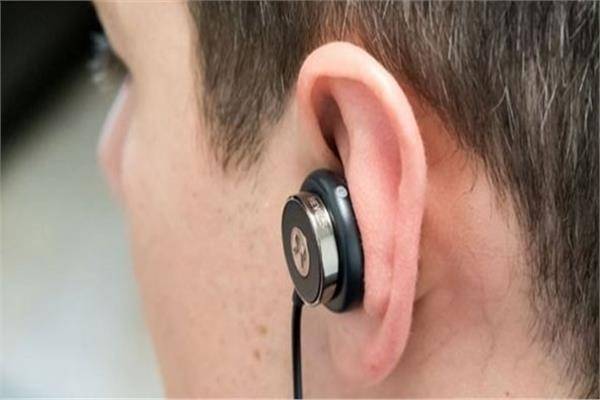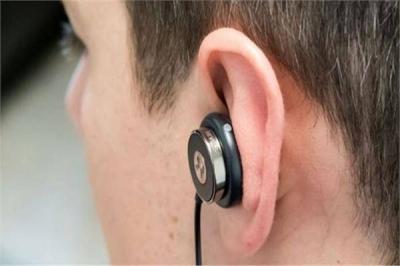An American non-governmental organization has warned about the risks associated with "neurotechnology," which refers to the marketing of devices capable of recording or even influencing brain activity without sufficient guarantees for consumers. Based on this organization's recommendations, the state of Colorado has enacted a law to protect the confidentiality of "neural data." Co-founder of the "NeuroRights Foundation," Jared Ginsburg, stated at a press conference that this law "is the first of its kind in a U.S. state and in the world in general."
The organization aims to alert authorities about the dangers posed by "neurotechnology," such as headbands designed to improve sleep, earphones that aid in meditation, and skull sensors for better golf performance, among others. These devices can collect personal data, analyze it through an application to inform the user about their performance, and can also influence behavior.
Rafael Juste, director of the Neurotechnology Center at Columbia University and a neuroscientist, said, "The individual's thoughts, memories, imagination, emotions, behavior, and subconscious occur in the brain." A study published by the NGO revealed that both major companies and unknown startups collect this very private data, not just what they need for their products. Since these products do not require approval from health authorities, they are consequently not subject to medical device regulations.
The organization noted that "the most concerning aspect is that the majority of these companies also permit themselves to share neural data with unspecified third parties." Rafael Juste warned, "Sooner or later, one of these companies will sell magnetic stimulation devices to enhance memory, and the second wave of neurotechnology sold to the general public will allow for control over brain activity." He emphasized that this is "not science fiction," as laboratory experiments have enabled researchers to decode human thoughts.
Science in this field is advancing rapidly, thanks to neural implants that are close to issuing signals, and generative artificial intelligence that helps in translating those signals. The devices currently available on the market target a limited demographic, but tech giants may significantly expand this market to potentially include millions of individuals.




